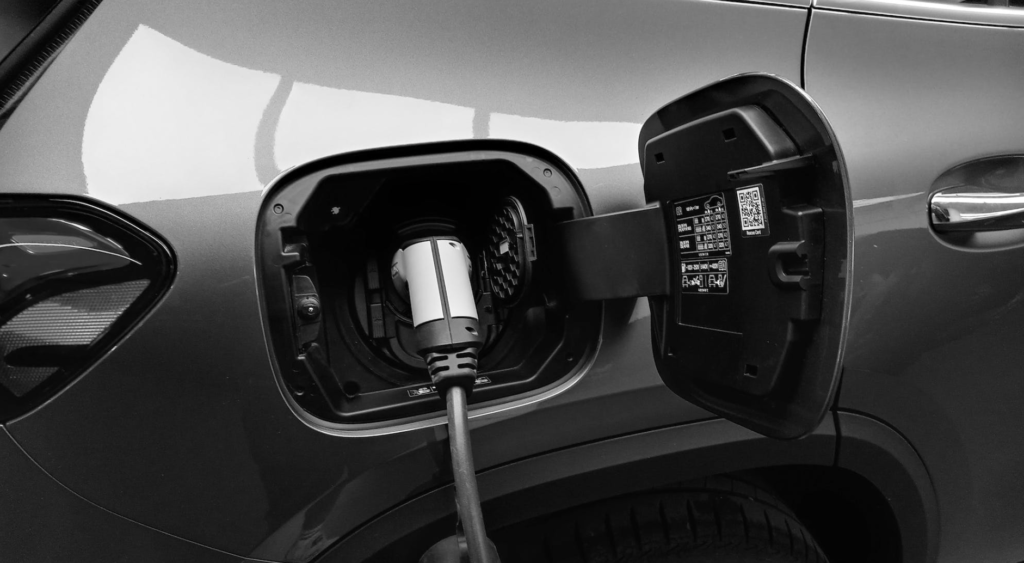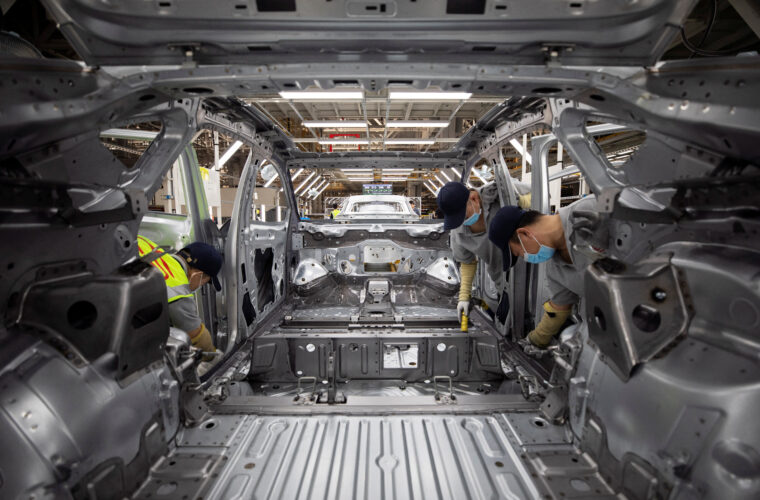César Baciero: The stations should be easily accessible to all vehicle brands, with greater pricing transparency. The EU Proposes Mandatory Car Recharging Stations Every 60km to Cut Greenhouse Gas Emissions
The European Parliament has backed a new plan for widespread electric vehicle (EV) charging stations to be available every 60 kilometres across Europe. This move is part of the “Fit for 55 in 2030 package”, which seeks to significantly reduce greenhouse gas emissions by at least 55% by 2030, compared to 1990 levels. The package aims to accelerate the deployment of alternative refuelling stations for cars, trucks, trains, and planes and promote sustainable vehicles.
Mandatory National Targets
As part of the package, the proposal includes mandatory national targets for the deployment of alternative fuels infrastructure, with member states required to submit plans by 2024 on how to achieve them. By 2026, all major European roads should have at least one electric charging station for cars every 60 kilometres, with trucks and buses requiring more powerful stations on core networks. Some exemptions will apply to remote regions, islands, and low-traffic areas.
Hydrogen Stations Every 100 Kilometers
In addition to EV charging stations, the Parliament is suggesting the installation of more hydrogen refuelling stations every 100 kilometres along main EU roads, with a target of achieving this by 2028 instead of by 2031, as proposed by the Commission. The stations should be easily accessible to all vehicle brands, with payment made easy, and displaying prices per kWh or per kg to ensure comparability and affordability.

Facilitating Payments and Offering More Transparency
Electric vehicle charging payment methods have been addressed by legislators, with the aim of simplifying the process and eliminating the current system of payment cards exclusive to each charging network. As per the new regulations, drivers will be able to pay using their credit card, contactless devices, or even a QR code.
The stations should be easily accessible to all vehicle brands, with greater pricing transparency required by network operators, with pricing displayed in kW/h or per minute. The prices should be “reasonable, easily and clearly comparable, transparent, and non-discriminatory.”
The Members of the European Parliament ensured that the Commission will set up an EU “database” on alternative fuels data by 2027 to provide consumers with information on the availability, waiting times or prices at different stations.
A Call for Stricter Objectives
The negotiating mandate on the deployment of alternative fuels infrastructure was adopted by 485 votes to 65, with 80 abstentions at the European Parliament. However, the European Automobile Manufacturers Association (ACEA) believes these objectives are not strict enough to achieve a 55% reduction in CO2 emissions from member countries by 2030.
“The compromise reached between member states and Parliament falls far short of what would be necessary to support the CO2 emissions reduction objectives of the mix produced by automotive manufacturers. The lack of infrastructure will therefore continue to limit the decarbonization of our sector,” the association stated in a statement to the French newspaper Les Echos.
The association has pointed out the various exemptions that member states can claim, resulting in disparities (quality, quantity, and power of charging stations) in the European charging offering.
France: An Example to Follow
With the rising popularity of electric vehicles (EVs), it is crucial for countries to prioritize investments in charging infrastructure to cater to the increasing number of EVs on the roads. While France is currently leading the way in Europe with almost 77,000 charging stations, there is still room for improvement as it falls short of its target of 100,000 charging stations by 2022. Nevertheless, France’s efforts in expanding its charging network serve as a benchmark for other countries to follow suit.
As EVs become more mainstream, the availability and accessibility of charging infrastructure will play a critical role in determining the adoption rate of electric vehicles. Countries that invest in expanding their charging infrastructure will not only encourage more EV sales but also help reduce carbon emissions and promote sustainable transportation.



